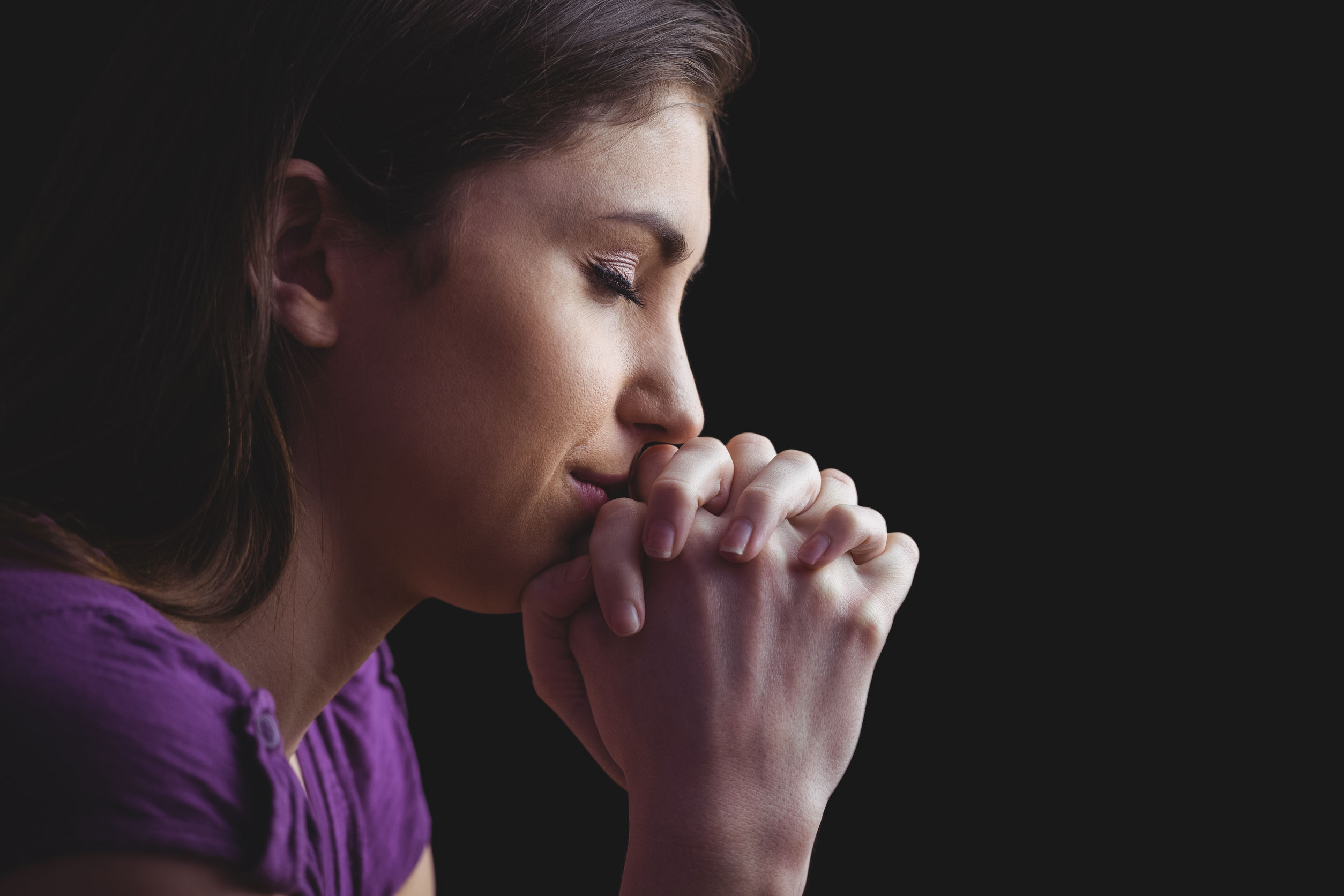Christianity - Methodist Fundamentals

The History of Methodism
History: 18th Century
Founders: John and Charles Wesley
Location: England
John and Charles Wesley were members of the Church of England in the 18th century and began meeting with a small group of men at Oxford. Their meeting purpose was to grow in their faith and to faithfully follow Jesus. They did not set out to form a new church; instead, it was a byproduct of their small group movement that began to spread throughout England and eventually made its way to America. The term “Methodist” was first used to describe them because they were methodical about how they tried to grow as disciples of Jesus. It was used as a derogatory term, but the name stuck. This movement was primarily about discipleship, small groups, evangelism, and mission.
21st Century Methodism
The United Methodist Church was formed in 1968 with the merger of the Evangelical United Brethren and the Methodist Church. The larger theological framework of Wesleyan/Methodist Christians includes several different denominations, but the UMC is the largest of these. The UMC represents the largest mainline denomination in the United States and the second largest Protestant denomination.
The UMC is currently in the midst of a complex and intense conversation about the future of the denomination in light of the differing beliefs about human sexuality (especially between the American UMC churches and the African UMC churches). The global nature of the church adds complexity to the developing perspectives on the current topics of our generation. The UMC formed a Commission on the Way Forward to meet, pray, study, and discern the future shape of our denomination. The conclusion of this meeting will take place in February of 2019.
Beliefs
- Emphasis on the process of sanctification -- that one grows in holiness throughout one’s life; this is the work of the Holy Spirit and we are invited to participate in this process.
- Emphasis on discipleship and making disciples a central part of the life of a Christian (Matt. 28). The denominational mission statement is to “Make disciples of Jesus Christ for the transformation of the world.” This is best lived out in community, where social holiness is of the utmost importance.
- Emphasis on the grace of God -- God shows up throughout our lives.
- Prevenient Grace: the Holy Spirit guides us even before we know to name it; God’s love shows up even before we can identify it as such. This grace is experienced by everyone.
- Justifying Grace: the moment when we are led to profess faith in Jesus Christ.
- Sanctifying Grace: the ways that the Holy Spirit guides us as we grow in faithfulness and fruitfulness throughout the Christian’s journey.
- This denomination affirms the authority of Scripture as primary but also embraces Tradition, Reason, and Experience as valid ways of coming to knowledge and wisdom. As such, this denomination has historically encouraged its leaders to take seriously the journey of education as preparation for ordination.
- Baptism and Communion (Table) are the two sacraments - ordinary experiences by which the grace of God shows up and transforms His people. These two sacraments are essential for the Methodist Christian.
- The UMC has attempted to maintain a centrist position of doctrine, holding together both impulses from the left and the right, affirming both social justice and our responsibility to act systemically to increase the love of neighbor, and also affirming the importance of Scripture and having a personal vibrant relationship with Jesus. Because of this, there are a great diversity of perspectives, interpretations of Scripture, and styles of worship within the denomination.
Recommended Resources
- For overall information about The United Methodist Church and its history, beliefs, and current events - www.umc.org
- For more information about the current debate on human sexuality - http://www.umc.org/who-we-are/commission-on-a-way-forward
- United Methodist Doctrine: The Extreme Center by Bishop Scott Jones
- The Book of Discipline of the United Methodist Church - available in print or online at https://www.cokesbury.com/product/9781501833236/the-book-of-discipline-of-the-united-methodist-church-2016-download
- Living Our Beliefs: The United Methodist Way by Bishop Kenneth L. Carder
- The Wikipedia page has a fairly comprehensive overview for all of Methodism and its history - https://en.wikipedia.org/wiki/United_Methodist_Church








